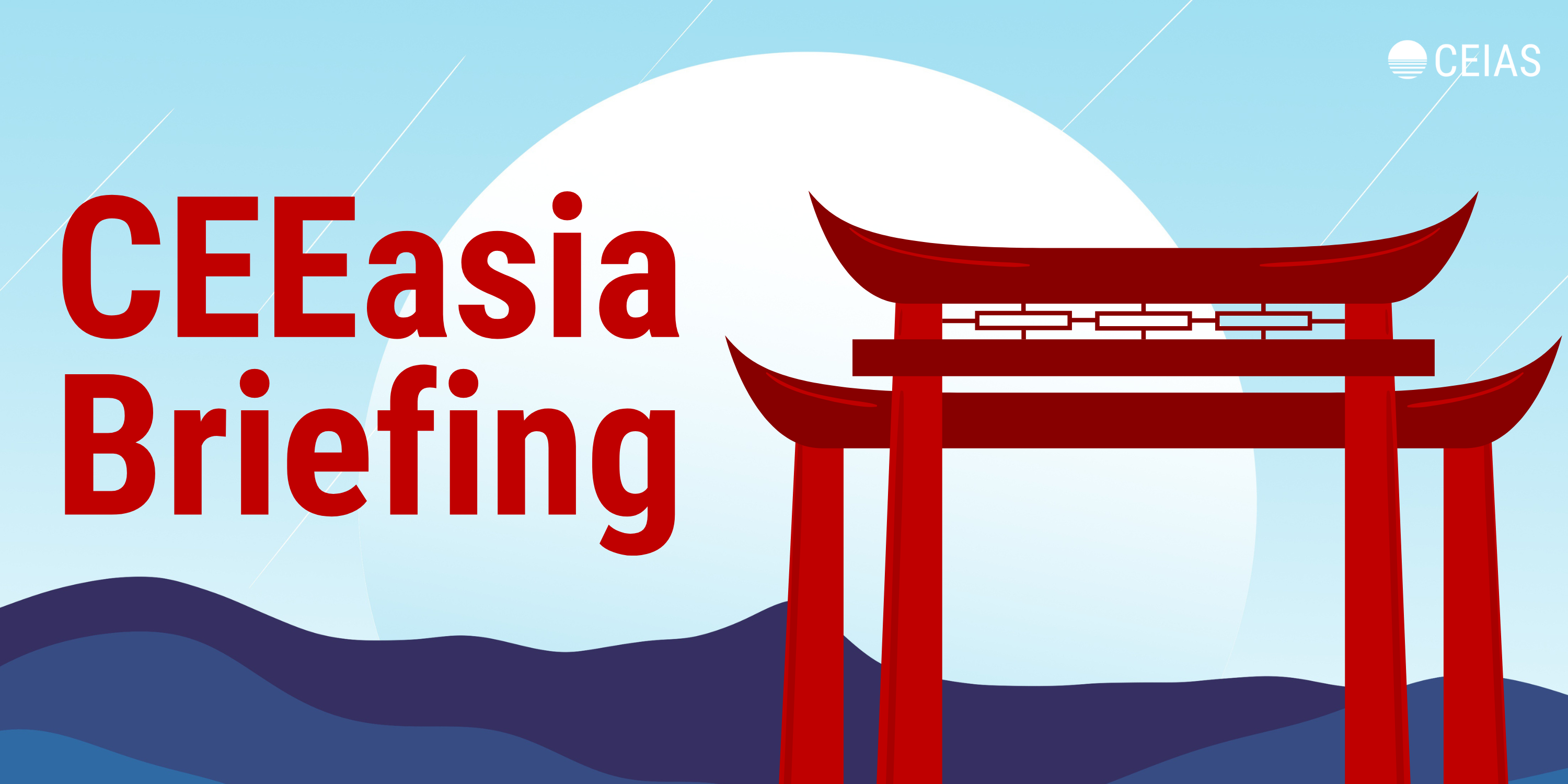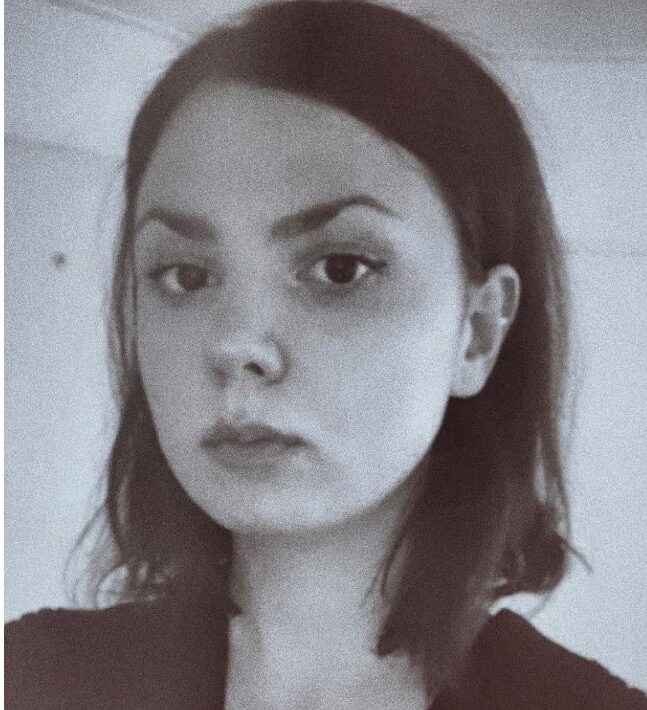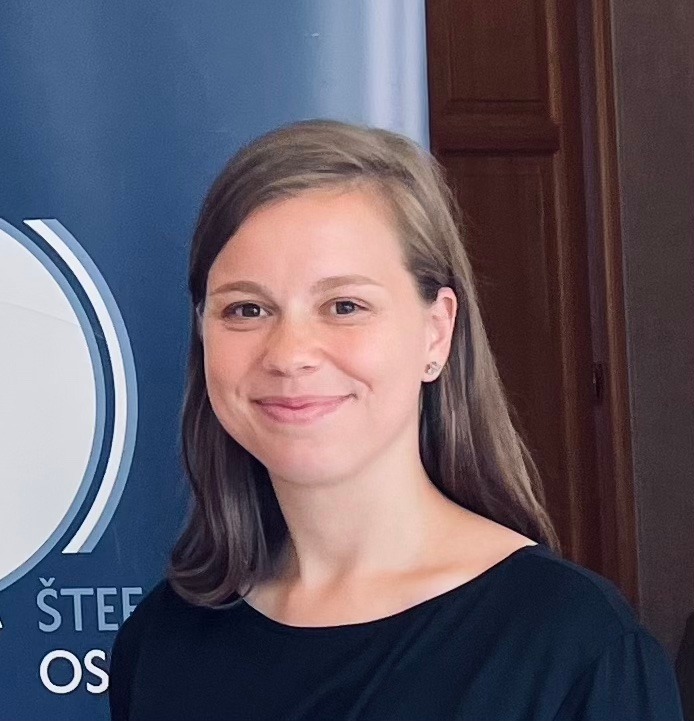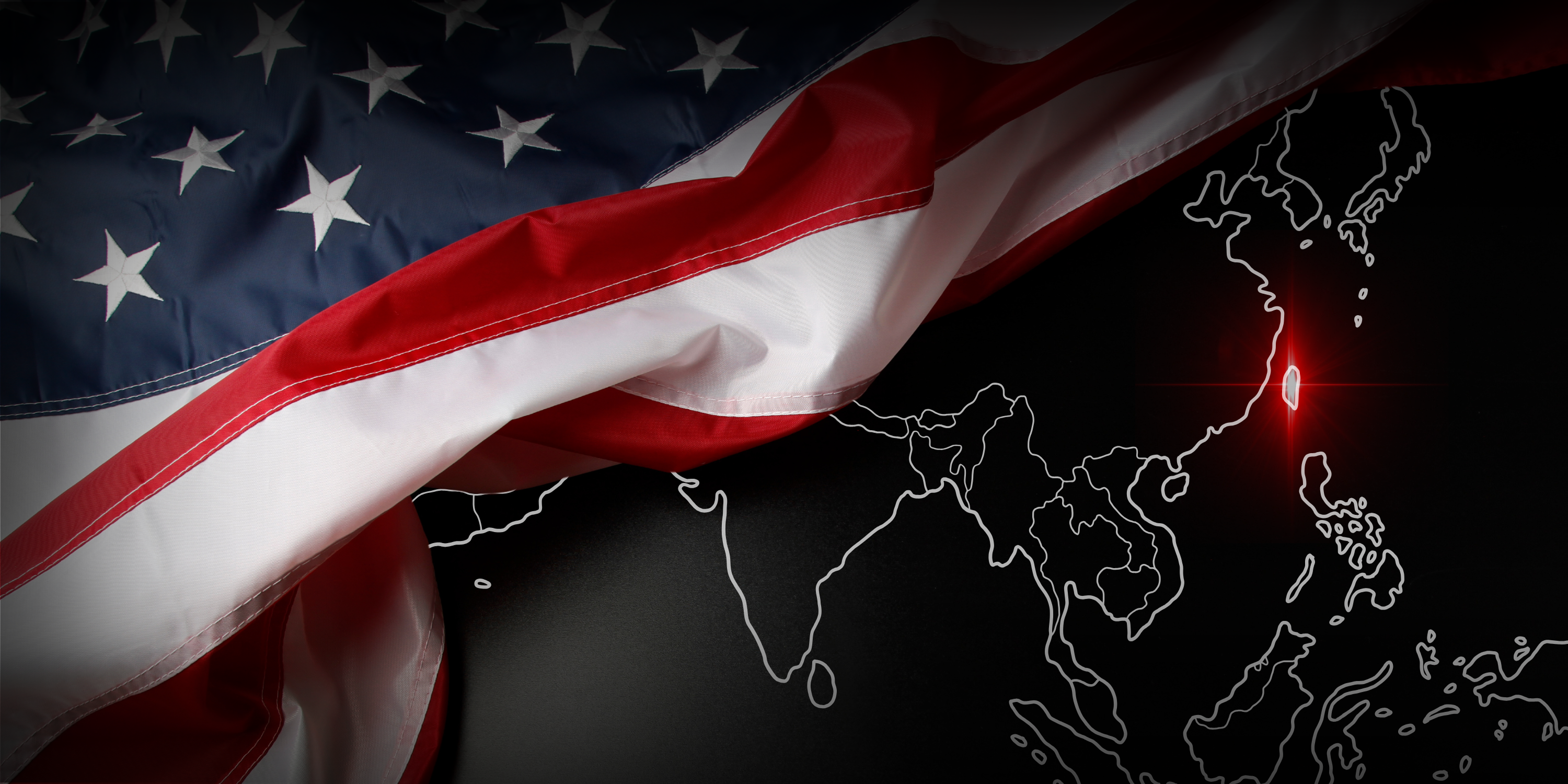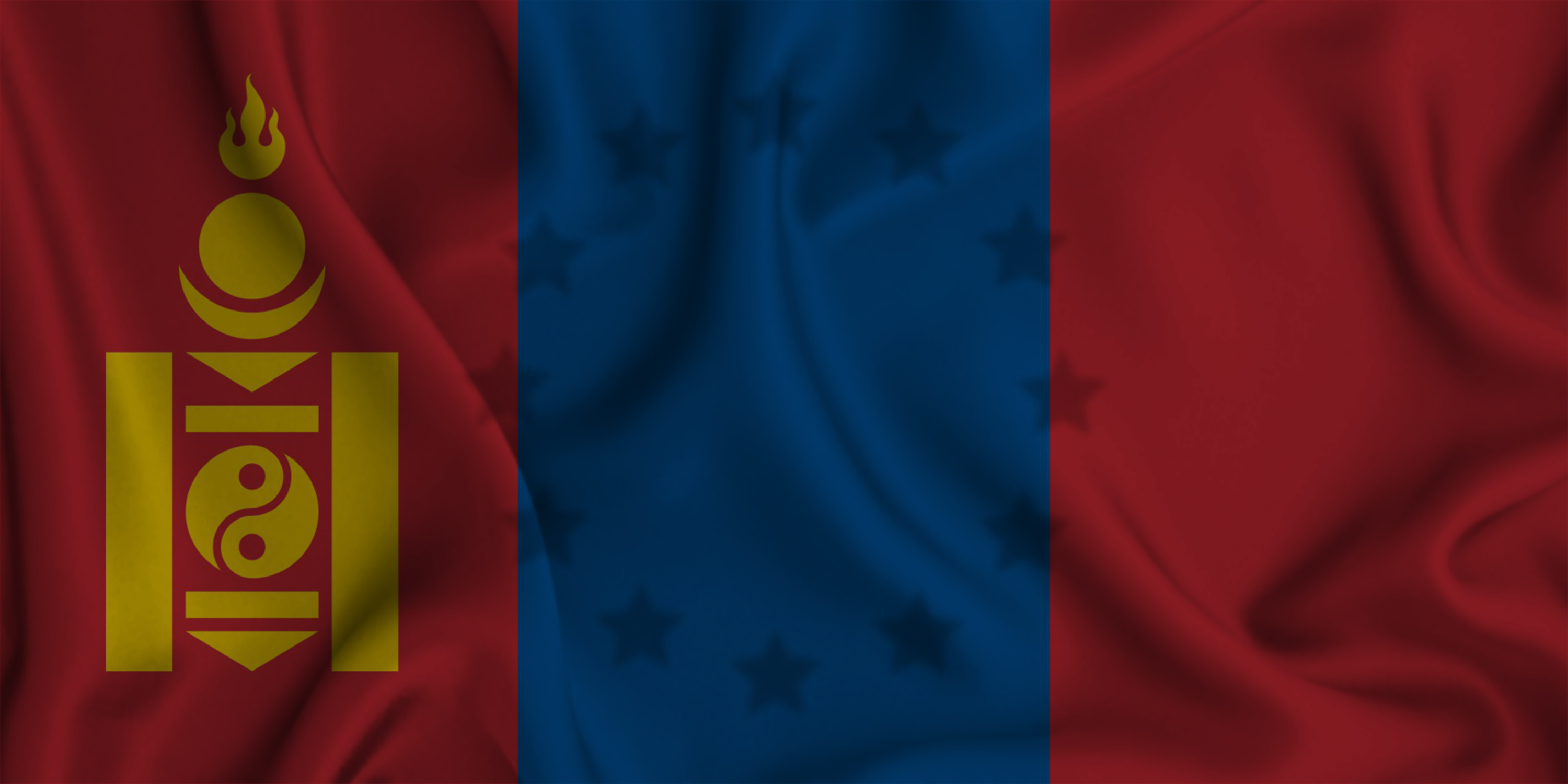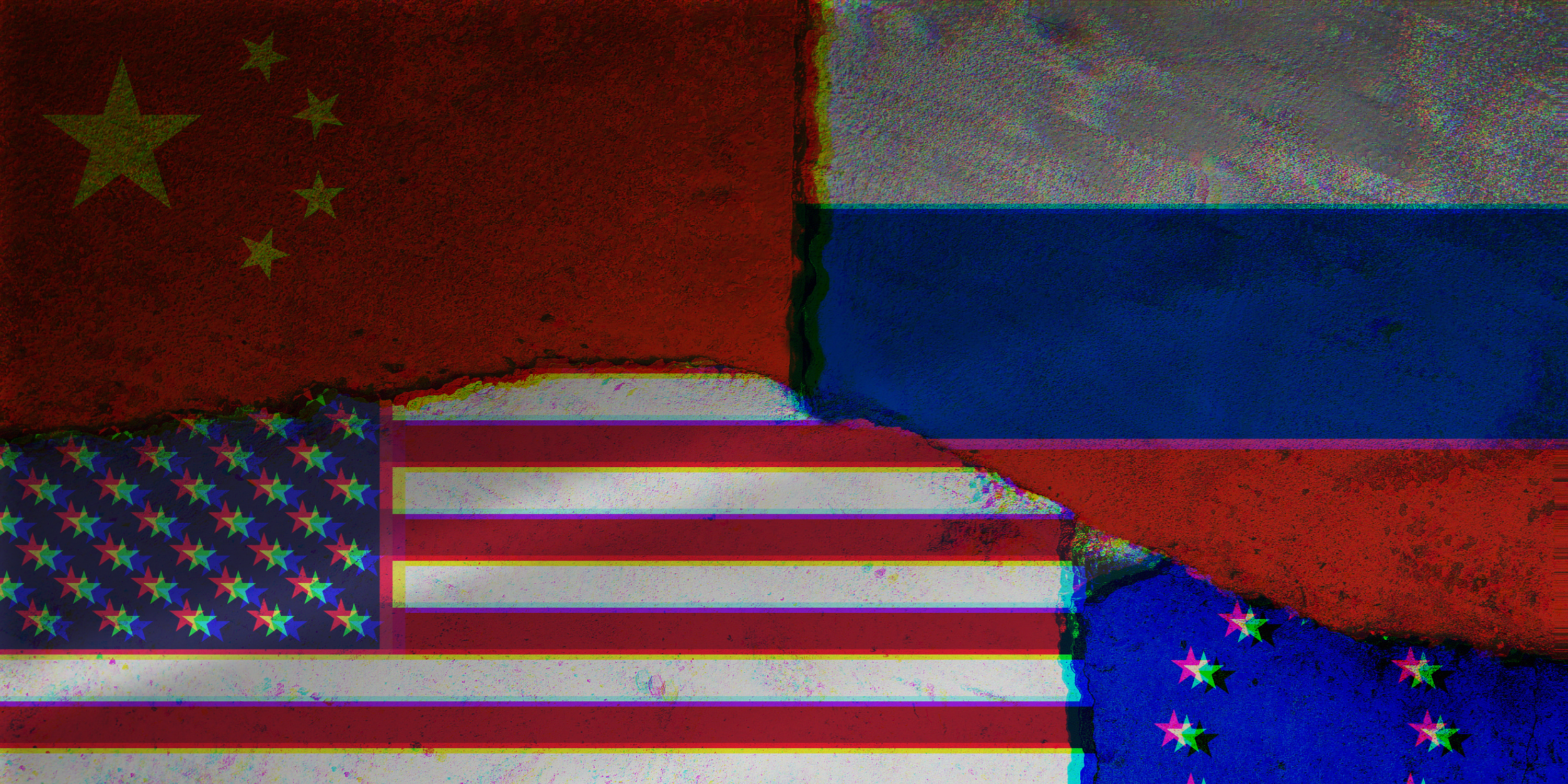Welcome to the 60th issue of the CEEasia Briefing.
In this issue, we dissect the following topics:
-
India and the EU accelerate efforts towards Free Trade Agreement (FTA)
-
Slovak PM visits Vietnam
-
New Russia sanctions by the EU targeting China
-
The EU Investigates Chinese Steel Cylinder Dumping Allegations
If you like what you see, please forward this message to your friends and colleagues who can subscribe here.
Do you need to know more about East Asia? Don’t hesitate to shoot us a message about custom analysis tailored to your needs.
1. India and EU accelerate efforts towards FTA
What’s going on? On December 12, India’s Union Commerce and Industry Minister Piyush Goyal held talks with EU representatives in a quest to accelerate the negotiations and finalize the India-EU Free Trade Agreement (FTA) aimed at enhancing trade, technology collaboration, and economic integration.
Going deeper… Despite being India’s largest trading partner, the EU has faced prolonged delays in finalizing the FTA, which has been under negotiation since 2007. Talks were suspended in 2013 due to disagreements over tariffs and professional mobility and then formally resumed in 2022. As of September 2024, nine rounds of discussions have been completed, covering 23 policy areas.
Notably, representatives from both sides convened in Brussels in November 2024 to prepare for the 10th round of negotiations. The discussions, held in December in New Delhi, brought together senior officials led by India’s Union Commerce and Industry Minister Piyush Goyal and participants from 18 EU member states and the European Commission. Several issues remain contentious, including labor standards, deforestation, and carbon taxes. Discussions also focused on sustainability, with India emphasizing the principle of Common But Differentiated Responsibility (CBDR) to ensure development pathways based on historical responsibility and national circumstances. Disagreements over the dairy sector pose a central challenge, as India strongly opposes opening its dairy market as a precondition for concluding the FTA.
This means… Despite positive momentum, several issues continue to impede progress in FTA negotiations. The India-EU FTA holds considerable political and economic significance for both parties. The agreement represents the EU’s first FTA with a major emerging economy, aligning with its broader ambition to enhance global trade leadership. For India, the FTA supports its strategic aim to expand regional influence and bolster its global economic standing. Furthermore, the successful conclusion of the FTA would take place against the backdrop of rising global political and economic tensions, symbolizing a commitment to building resilient and diversified supply chains while reducing dependence of both actors on trade with China.
2. Slovak PM visits to Hanoi
What’s going on? In a surprising twist, Slovak Prime Minister Robert Fico has surfaced in Hanoi in January after weeks of public absence. Following an unannounced trip to Moscow just before Christmas, Fico has now released a video from Vietnam in which he criticizes Ukraine. Though the trip to Hanoi appears to be private, its implications for Slovakia-Vietnam relations cannot be ignored given their troubled history.
Bilateral relations between Slovakia and Vietnam have been frozen since 2018 (during Fico’s 3rd term in office), following the kidnapping of Trinh Xuan Thanh. The incident involved allegations that Slovakia’s government plane was used to transport the kidnapped asylum seeker during a visit by a Vietnamese delegation, headed by To Lam (currently President of Vietnam) to Slovakia. The affair led to Slovakia recalling its ambassador to Vietnam and downgrading its representation in Hanoi to a chargé d’affaires level. Fico’s private visit to Vietnam prior to the formal normalization of relations is thus highly irregular.
In fact… Despite the freeze in relations during his tenure, Fico has maintained close personal ties to Vietnam. Notably, he attempted to nominate his close advisor Quang Le Hong as Slovakia’s ambassador to Vietnam—an effort blocked by then-President Andrej Kiska, who highlighted Fico’s unusual personal interest in the matter. Quang was also said to be a key personality in orchestrating To Lam’s visit which provided cover for the kidnapping.
Still, current efforts to mend relations began during Eduard Heger’s administration, with DG-level political consultations held in December 2022 in Hanoi to explore the future of bilateral relations. An upgrade of the delegation head to ambassador extraordinary and plenipotentiary is expected upon the next diplomatic rotation.
This means… Since his 2023 re-election, Fico has championed an “all-azimuth foreign policy.” In practice, his attention seems disproportionately directed eastward. Trips to Moscow and Beijing (“the most important foreign trip of the year”) have taken precedence. Fico has also advocated for stronger ties with Vietnam, with an official visit reportedly planned for H1/2025. However, relations with Vietnam pose a challenge for value-based policy. Vietnam is a key partner in countering China and advancing the EU’s de-risking policy. However, Fico’s approach prioritizes personal interests over strategic cooperation or principled diplomacy, thus serving neither consideration.
3. EU adopts new Russia sanctions targeting China
What’s going on? The European Union in December imposed fully-fledged sanctions on Chinese individuals and companies for the first time as part of its 15th package targeting Russia over its invasion of Ukraine. China strongly criticized the move, arguing that the sanctions lack international legitimacy and threaten the stability of global trade networks.
Going deeper… The sanctions mark the first time such comprehensive measures—travel bans and asset freezes—have been applied to China, which was identified as a key route for technology transfers to Russia. The seven targeted individuals and entities are accused of either helping Russia evade sanctions or supplying sensitive military technology like drone components and microelectronics. This shift from export controls to full sanctions highlights the EU’s growing concerns about China’s role in facilitating Russia’s military efforts. The sanctions aim to close gaps in compliance and signal a tougher approach toward nations indirectly supporting Russia.
In response, China criticized the EU for acting against prior consensus and negatively impacting its economic ties. Beijing insists these sanctions lack a legal basis, as they are not authorized by the United Nations Security Council. It urged the EU to halt its actions, warning of retaliatory measures to protect its companies.
This means… By targeting China directly, the sanctions mark a significant shift in EU policy. This indicates that the EU is not only addressing specific violations but also issuing a broader warning to other countries that might facilitate Russian activities. This could set the stage for broader restrictions on Chinese trade and investment, particularly in sectors linked to sensitive technologies, and reshape the dynamics of EU-China relations.
4. EU investigates Chinese steel cylinder dumping allegations
What’s going on? On 6 December, the European Commission has initiated an anti-dumping investigation into imports of high-pressure seamless steel cylinders from China. This follows a complaint led by Czech company Cylinders Holding, joined by four other European manufacturers, alleging that Chinese practices are harming the EU market.
Going deeper… The complaint, spearheaded by businessman Jan Světlík from Cylinders Holding, accuses Chinese manufacturers of dumping steel cylinders into the EU market, undermining fair competition. A coalition of European manufacturers, including German, Austrian, and Italian companies, have joint the Czech company. The allegation hinges on claims that Chinese producers benefit from direct and indirect subsidies, enabling them to sell at significantly reduced prices.
Furthermore… these practices have reportedly led to a sharp decline in the European cylinder production industry, which has contracted from 20 producers to just five. Chinese companies now control approximately one-third of the EU market, selling at prices that appear to undercut production costs, likely with government subsidies, to drive out European competition and secure market dominance. As a result, some European producers have ceased operations entirely, while others, like Světlík, are struggling to retain customers.
Looking ahead, bottlers see a key opportunity in the European vision for a gradual transition of the energy sector to hydrogen, which will require advanced technologies for its storage and transport. This future potential is a key reason why Světlík advocates for the protection of the European market. To address this crisis, European producers propose safeguarding duties in the “tens of percentages” to protect the EU market according to their calculations of how much dumping China is practicing.
This means… If substantial dumping is confirmed, the investigation could result in new tariffs or other trade defense measures, potentially heightening tensions in EU-China trade relations. Preliminary findings already suggest significant harm to EU industries, evidenced by reduced sales, declining prices, and shrinking market share. China’s retaliatory measures, such as targeting European brandy and pork following disputes over Chinese-made EVs, underscore growing concerns about China’s influence on the European market and the effectiveness of the EU’s trade defense mechanisms.
Quick takes on CEEasia developments
INDONESIA | Indonesia and Slovakia are enhancing their cooperation to protect child victims of terrorism as part of broader counter-terrorism efforts at all levels. At the second Joint Working Group meeting in Jakarta, the two countries discussed comprehensive standards for combating terrorism, as well as strategies for child protection and deradicalization.
VIETNAM | Polish Secretary of State at the Ministry of Foreign Affairs, Władysław Teofil Bartoszewski, engaged in bilateral consultations with Le Thi Nga, Chairwoman of Vietnam’s National Assembly’s Committee for Judicial Affairs and President of the Vietnam–Poland Friendship Parliamentarians’ Group in December in Hanoi. The two sides discussed strengthening political, economic, and people-to-people exchanges, including direct air routes.
CHINA | A DW and ZDF joint investigation revealed that numerous Chinese climate projects certified as carbon credits by German authorities are likely fake. A single auditing firm, Beijing Karbon, from which many projects seemed to come reportedly earned around a billion euros from this large-scale carbon credit scam.
VIETNAM | Vietnamese Ambassador to the Czech Republic Duong Hoai Nam chaired the 27th ASEAN Committee in Prague (ACP) meeting and handed over the rotating chairmanship from Vietnam to Thailand. He emphasized 2025 as a milestone year for celebrating 75 years of Vietnam-Czech Republic ties and enhancing bilateral cooperation.
PHILIPPINES | The Philippine Space Agency (PhilSA) and the Polish Space Agency (POLSA) signed a Memorandum of Agreement for cooperation on the peaceful uses of outer space in early December 2024 in Manila. The MoU aims to strengthen cooperation in space science, exploration of outer space as well as promotion of space industry and space education.

